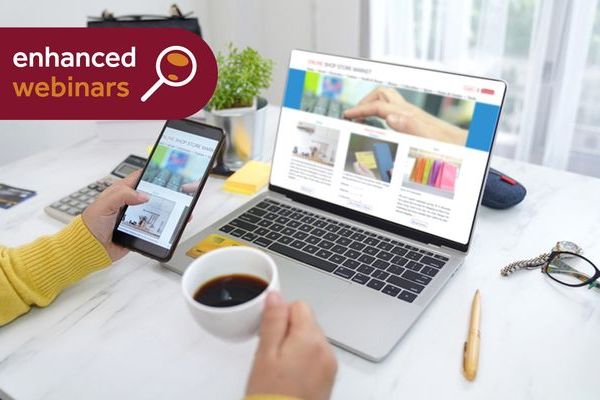How happy are you at work? Do you enjoy being there? Do you get on with your colleagues?
Given the fact we spend so much time at work, surrounded by people we wouldn’t necessarily have met outside the workplace, it’s important everybody’s experience is a good one.
One of the main ways you can achieve workplace happiness is by having positive relationships with all of your colleagues. While nobody expects you to be best friends with every single person, establishing and maintaining good relationships can boost team work and make your job that bit more enjoyable!
Simply being more aware of what your work colleagues do in their jobs will improve your understanding of what they may need from you. And this can help you work together far more effectively.
Not sure how to improve your work relationships? Here are six easy-to-follow pointers to get you started:
be a good listener
It can be really easy to get carried away when you’re trying to share your opinion with others. But being a good listener is just as important when it comes to developing good communications with everybody you work with. Try saying less and listening more. Let your work colleagues have their say without interrupting them. And if you want them to know you’ve absorbed what they’ve been talking about, repeat some of their points back to them.
However, this doesn’t mean you shouldn’t speak up or only make yourself heard if you have something important to say. In fact, it’s always good to get involved in a certain amount of small-talk when you are in the office. It’s a great way to help break the ice with co-workers you may not know very well. It’s also really useful for putting people at ease too.
get to know everybody outside of work
While social gatherings may not be as frequent due to Covid restrictions and the fact most of us are working from home, it’s still worth recognising the importance of spending time with your team mates outside of the office. Simply going for a quick drink after work, attending leaving dos or having a quick bite to eat at lunch means you get to see who your peers truly are. In these types of circumstances, people tend to be more relaxed, which enables you to see more of their personal traits (their strengths and weaknesses).
You don’t have to go out partying with them every night – just aim to socialise with them every now and then in a non-office environment (Covid-permitting). Many people find it easier to relax and open up more in a social setting, and they will no doubt appreciate you making the effort to get involved.
venture outside your department
Most people will know the people they work most closely with to some extent. But what about your co-workers in the rest of the company? It’s always a good idea to mix with people who work in different departments because it can help you get a better understanding of the organisation as a whole.
Saying ‘yes’ to or offering to help with projects that might be outside your normal day job gives you a valuable chance to cross-work and build relationships with people you wouldn’t normally see or engage with. What’s more, it’s an excellent way of showing your commitment to work, challenging yourself and expanding upon your skills and experience.
tackle conflicts sooner rather than later
Like any other environment where different people come together from different backgrounds, opinions and walks of life, offices can sometimes be breeding grounds for arguments and upsets.
If you find yourself involved in a conflict with a work colleague, try not to let the situation simmer. Arrange to discuss the issue with your colleague as soon as possible, and try to keep things professional. At the very least, you may agree to disagree - but that’s better than ignoring the situation until it becomes unmanageable or gets out of hand.
be respectful at all times
Try to be pleasant and polite when you’re in the office, and respect your colleagues’ views, even if you don’t agree with them. Where possible, adopt a positive mindset and be mindful of your actions and the way you respond to others and how it may be interpreted by them.
Take time to appreciate everybody’s differences, cultures and backgrounds. An office where people are respectful of each other is usually far more productive and effective than one where there’s lots of gossip and negativity (not to mention more enjoyable to work in).
pick up on people’s signals
This is something that’s more challenging to do if you’re working from home, but if you are now going back into the office one or two days a week, or have been able to continue to go into work during Covid, pay close attention to your colleagues’ body language. It can be particularly useful if you don’t know them that well too.
Folded arms, sighing and short responses are all clear indicators that somebody may be stressed, angry or frustrated, so it may be best not to bother them there and then. Meanwhile, someone who’s looking relaxing in their chair, smiling and popping their head up to chat to others, is going to be far more approachable. Read the signs, they’re there for you to pick up on and tune into. The more you do it, the easier it’ll become too.
how we can help
As an occupational charity, we help the ICAEW community thrive by equipping individuals with the practical, emotional, or financial tools to manage whatever’s in front of them, from everyday situations to exceptional life-changing circumstances.
Our vision is that everyone in the ICAEW community can fully participate in life.
All of our services are free, impartial and strictly confidential. Get in touch.
Are you being bullied at work? Take a look at this article, ‘How to deal with workplace bullying’ for practical guidance on dealing with workplace bullying.




